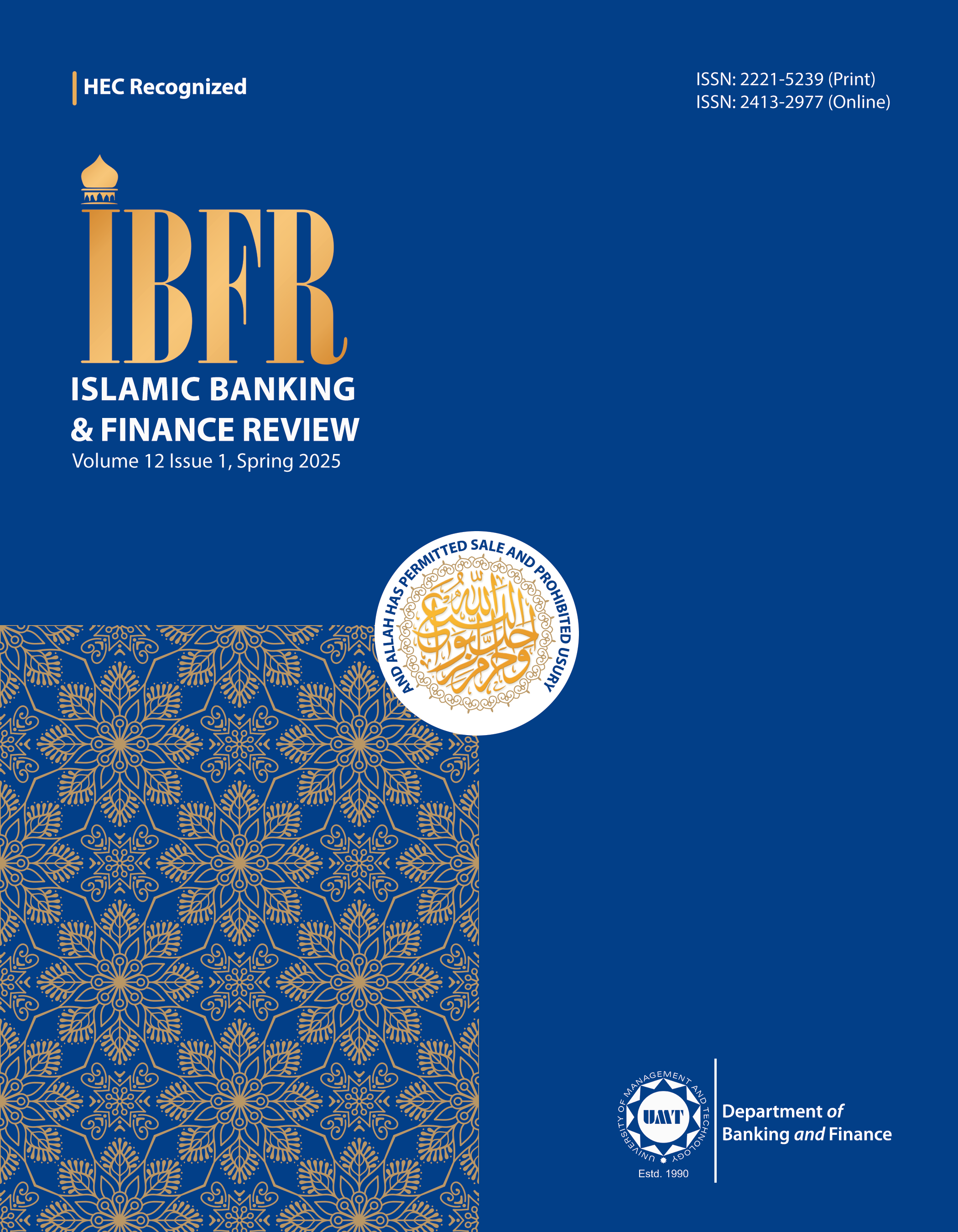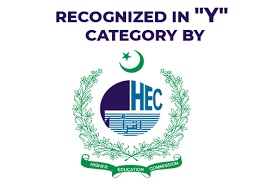Making Road to Makkah Accessible for Pakistanis: Proposed Model from the Experience of Indonesia and Malaysia
Abstract
 Abstract Views: 0
Abstract Views: 0
Hajj is one of the five pillars of Islam and is mandatory for every Muslim adult. For the management of Hajj funds, several countries including Malaysia, Indonesia, Nigeria, and Maldives have established separate legal entities to provide services to pilgrims and administer their Hajj deposits, simultaneously benefiting from them in the shape of halal returns. This paper aims to evaluate the Hajj fund management of two countries, namely Indonesia and Malaysia, in comparison to the current structure of the management of Hajj funds in Pakistan. The study proposes an efficient model for Pakistan’s Hajj fund management based on the best practices of Indonesia and Malaysia. It argues the setting up of an independent entity, whereby individuals may start saving at an early age by entering into a financial contract. Thus, efficient utilization of Hajj funds can be ensured, providing optimum facilitation to the potential pilgrims of Pakistan at a reasonable cost.
Downloads
References
Abimanyu, A. (2017, August 23–24). Indonesia Hajj fund enhancing prosperity [Paper presentation]. Proceedings of 2nd Annual Islamic Finance Conference. Yogyakarta, Indonesia
Ahmad, M., & Asghar, T. (2004). Estimation of saving behavior in Pakistan using micro data. The Lahore Journal of Economics, 9(2), 73–92.
Baig, U. (2016). Hajj management in Pakistan in the light of experience of Tabung Haji of Malaysia. International Journal of Islamic Economics and Finance Studies, 2(2), 13–40.
Bianchi, R. (2004). Guests of God: Pilgrimage and politics in the Islamic world. Oxford University Press.
Bland, B. (2014, February 14). Indonesia taps $5.4bn Hajj fund for financial salvation. Financial Times. https://www.ft.com/content/fe4fbfe4-956a-11e3-8371-00144feab7de
Bona, M. A. (2023, January 30). Govt blames rising dollar, inflation for Hajj cost hike. Jakarta Globe. https://jakartaglobe.id/news/govt-blames-rising-dollar-inflation-for-hajj-cost-hike
Burney, N. A., Akhtar, N., & Qadir, G. (1992). Government budget deficits and exchange rate determination: Evidence from Pakistan [with comments]. The Pakistan Development Review, 31(4), 871–882.
Cizakca, M. (2011). Islamic capitalism and finance: Origins, evolution and the future. Edward Elgar Publishing.
Gomez, E. T., Padmanabhan, T., Kamaruddin, N., Bhalla, S., & Fisal, F. (2017). Minister of Finance Incorporated: Ownership and control of corporate Malaysia. Springer.
Ishak, M. S. (2011). Tabung Haji as an Islamic financial institution for sustainable economic development. Proceedings of Economic Development & Research, 1(7), 236–240.
Jumali, E. (2018). Management of Hajj funds in Indonesia. Journal of Legal, Ethical and Regulatory Issues, 21(3), 1–9.
Lembaga Tabung Haji. (2022). Annual report 2022. https://prod-th-assets.s3.ap-southeast-1.amazonaws.com/pdf/tab-content/0/2023-11-16/TH_AR22_25.10.pdf?
Lembaga Tabung Haji. (2023). Annual report 2023. https://prod-th-assets.s3.ap-southeast-1.amazonaws.com/pdf/press-release/0/2024-10-16/TH_AR23_19.07_compressed.pdf
Mannan, M. A. (1996). Islamic socioeconomic institutions and mobilization of resources with special reference to Hajj management of Malaysia. Islamic Research and Teaching Institute (IRTI). https://ideas.repec.org/p/ris/irtiop/0048.html
Muneeza, A., Sudeen, A. S. T., Nasution, A., & Nurmalasari, R. (2018). A comparative study of Hajj fund management institutions in Malaysia, Indonesia and Maldives. International Journal of Management and Applied Research, 5(3), 120–134. https://www.ijmar.org/v5n3/18-009.html
Nasir, S., & Khalid, M. (2004). Saving–investment behavior in Pakistan: An empirical investigation. The Pakistan Development Review, 43(4, Part II), 665–682. https://www.jstor.org/stable/41261020
Onishi, N. (2010, August 6). In Indonesia, many eyes follow money for Hajj. The New York Times. https://www.nytimes.com/2010/08/06/world/asia/06hajj.html
Rachmawati, E. (2024, April 6). Govt closes installment payments as Indonesia’s Hajj quota is fulfilled. Kompas. https://www.kompas.id/baca/english/2024/04/06/en-pelunasan-biaya-haji-ditutup-kuota-jemaah-indonesia-terpenuhi
Rahman, K. (2000). Towards Islamic banking: Experiences and challenges: A case study of Pilgrims Management & Fund Board, Malaysia. Institute of Policy Studies.
Rana, S. (2023, September 23). 95m Pakistanis live in poverty: World Bank. The Express Tribune. https://tribune.com.pk/story/2437352/95m-pakistanis-live-in-poverty-world-bank
Siddiqui, A. A., & Naz, J. (2023, November 13). Hajj fund enabling savings with economic development. Express Tribune. https://tribune.com.pk/story/2446100/hajj-fund-enabling-savings-with-economic-development
Tabung Haji. (n.d.). Corporate profile. Retrieved April 5, 2025, from https://www.tabunghaji.gov.my/en/corporate-profile
Winosa, Y. (2017, February 26). Independent agency to manage Indonesia’s $6.7 billion Hajj fund to start in Q4. Global Islamic Economic Gateway. https://salaamgateway.com/story/independent-agency-to-manage-indonesias-67-bln-hajj-fund-to-start-in-q4
Copyright (c) 2025 Hafiz Arif Jamal, Saqib Sharif

This work is licensed under a Creative Commons Attribution 4.0 International License.
Authors retain copyright and grant the journal right of first publication with the work simultaneously licensed under a Creative Commons Attribution (CC-BY) 4.0 License that allows others to share the work with an acknowledgement of the work’s authorship and initial publication in this journal.












